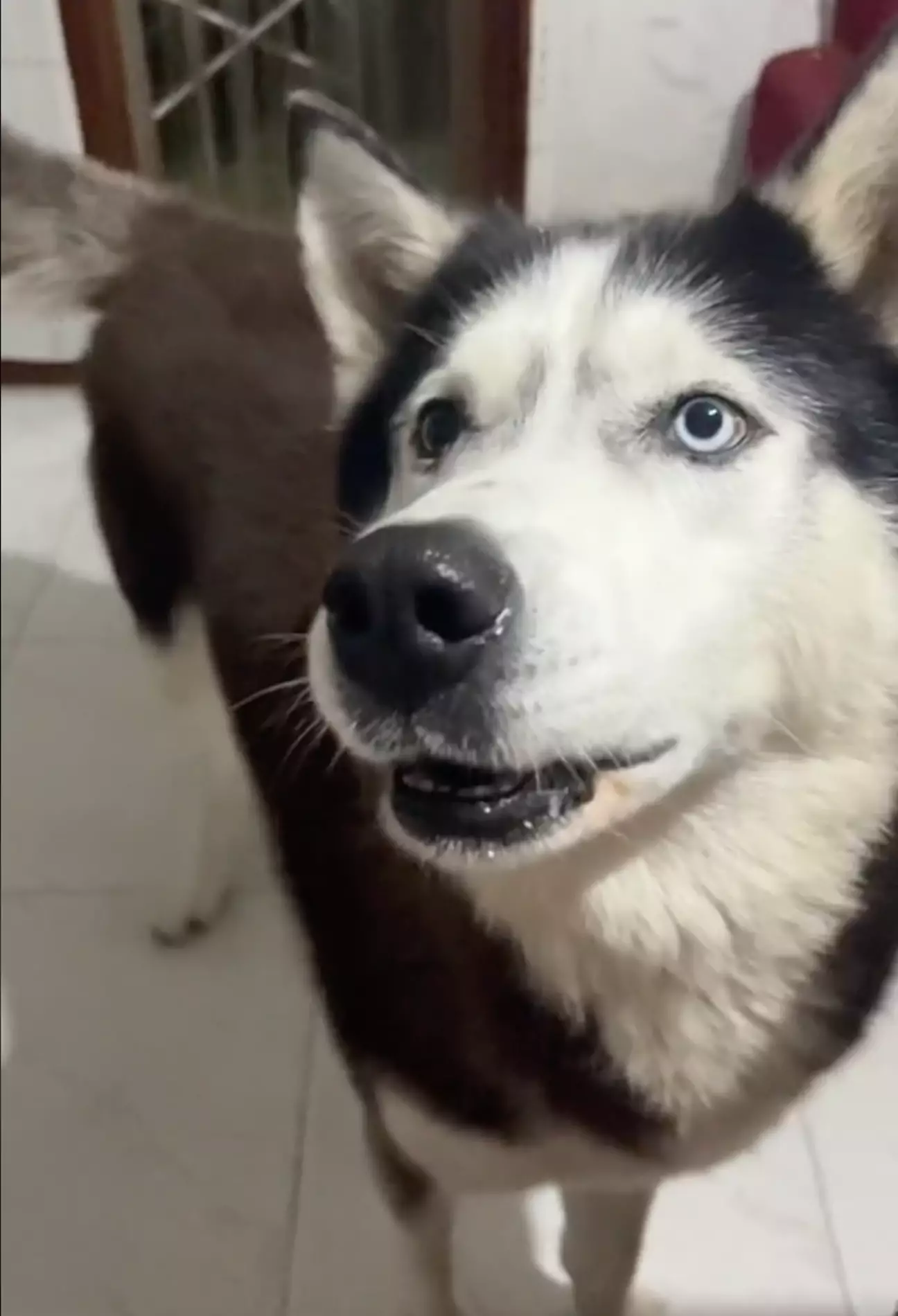Have you ever wondered if your pet could sound like you?
It may sound like a stretch, but recent events and studies suggest that our furry friends might be picking up more than just tricks and treats from us!
Imagine chatting with your pet and hearing it reply with an accent similar to yours. Sounds unbelievable, right? Well, that's exactly what happened with Aaron the Husky, whose story has recently taken TikTok by storm. In a viral video, Aaron's Italian owner is heard speaking to him, and the husky's response is nothing short of astounding. He seems to reply with what sounds like an Italian accent!
This intriguing phenomenon has garnered nearly seven million views, with people expressing their amazement and humor in the comments. One viewer humorously asked, "WHY DOES THE HUSKY SOUND ITALIAN ALSO LMAO," while another exclaimed about the resemblance of the husky's sounds to Italian. Some even joked that Aaron could speak better Italian than them!
So, how is this possible? Can animals really mimic our accents? The answer seems to be a resounding yes. According to a study by the Canine Behavior Center in Cumbria, England, dogs can develop regional accents influenced by their owners. This study, conducted in 2000, involved recording dogs barking and growling, then analyzing these sounds. The researchers found that dogs often mimic the tone and pitch of their owners. Tracey Gudgeon from the Center explained that dogs are likely to imitate more distinctive accents as a way of bonding with their owners.
But dogs aren't the only ones who can have accents. Other animals, including birds, cows, sperm whales, orcas, humpbacks, gibbons, rock hyraxes, and even cats, have been found to exhibit variations in their vocalizations that can be likened to accents. For instance, 'Cockney' mallard ducks in London have a harsher quack compared to their counterparts in Cornwall. Even more fascinating, there are reports of cows in the West Country of England having a distinctive regional accent!
If you're still in doubt, consider the case of the Liverpudlian-sounding cat that has also captured the internet's attention. These examples open up a delightful and curious avenue of animal behavior that reflects just how closely our pets can mirror us. Not only do they share our homes and lives, but they might also be sharing our way of speaking! Next time you talk to your pet, listen closely – you might be in for a surprise.



